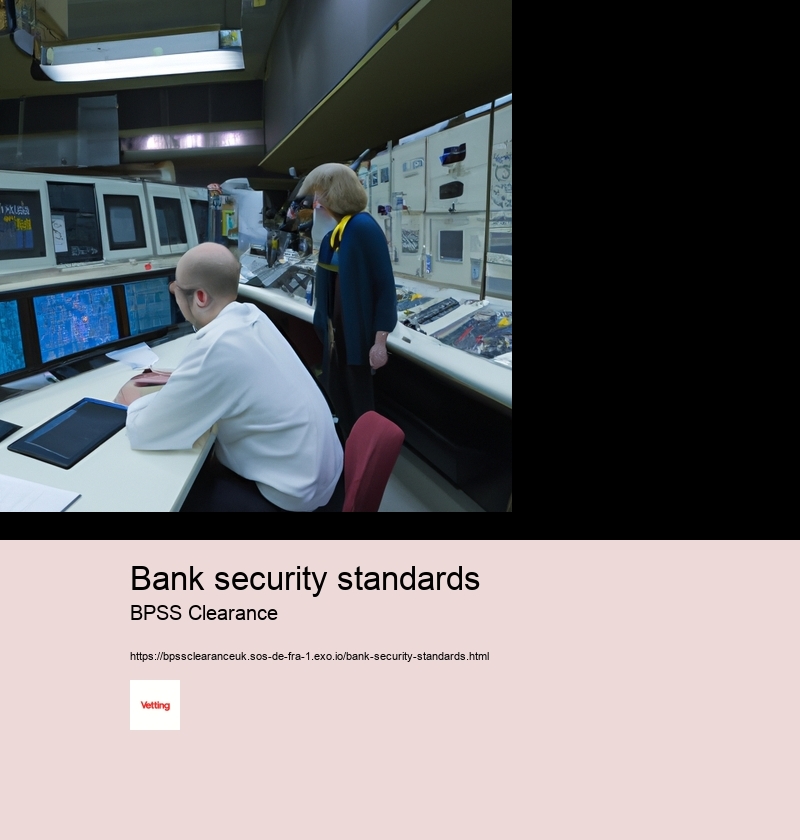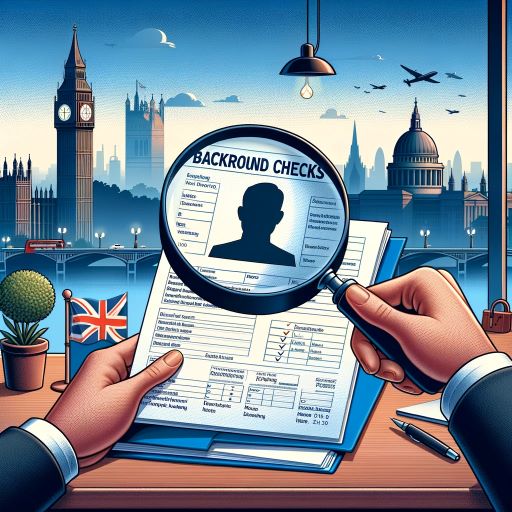bank security standards
What causes a red flag on a background check UK?
BPSS clearance is essential for those working in roles that require high levels of trust and integrity, especially within the UK government. Ensuring that individuals have BPSS clearance helps maintain national security and reduces the risk of insider threats. By vetting individuals' backgrounds, the government ensures that sensitive information remains protected from those who might misuse it. This process is crucial in safeguarding the nation's security infrastructure and upholding public safety standards.
How Much Does a BPSS Check Cost? When looking into the cost of a BPSS check, you'll find that it can vary based on the service provider and the specific checks needed. Typically in the UK, a standard BPSS check may range from £50 to £100. Keep in mind that additional checks like international criminal record screenings might come with extra fees. Some employers may cover these expenses for their staff. To get an accurate cost estimate, it's advisable to request a quote from a trustworthy screening provider.
Applicants need to provide documents like a passport or driver's license to confirm their identity. Right to Work Confirmation: Legal documentation proving the right to work in the UK, such as a passport or Home Office document, is required. Criminal Records Check: Verification of any unspent criminal records is crucial for evaluating suitability for BPSS clearance. Employment History Validation A minimum of three years of employment history must be provided to complete the recruitment process.



